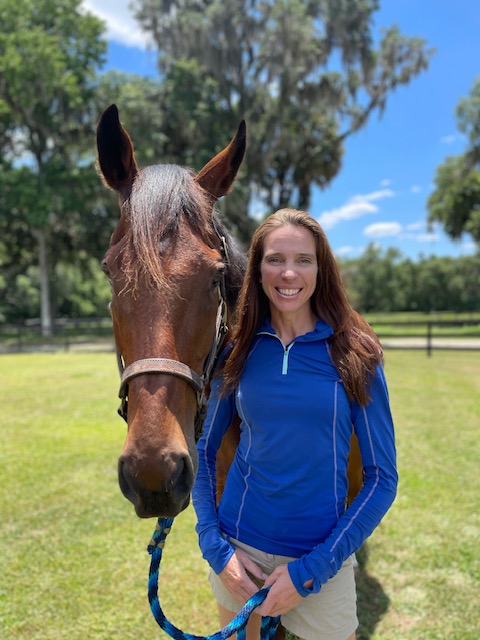- Sep 22, 2025
- 2 min read

In veterinary medicine, challenges come with the territory. A delayed surgery, an upset client, or a team shortage can test even the most resilient professional. Yet the difference between those who crumble under pressure and those who find a way forward often comes down to one thing: mindset.
Fixed vs. Growth Mindset
Psychologist Dr. Carol Dweck describes mindset as the set of beliefs that shape our outlook, behavior, and mental attitude. She identified two key types:
Fixed Mindset: The belief that talent and intelligence are innate. Mistakes are failures, challenges are threats, and feedback is unwelcome.
Growth Mindset: The belief that skills and abilities can be developed. Obstacles are opportunities, feedback is valuable, and the success of others is motivating.
In practice, these two perspectives can look very different. Someone with a fixed mindset might avoid learning a new skill for fear of failure, while a growth-oriented colleague embraces the chance to improve.
The Science Behind Mindset
Research has shown that individuals with a growth mindset respond more effectively to constructive criticism, learn from mistakes, and improve over time. In contrast, fixed mindset thinking often leads to repeated errors and missed opportunities for growth.
These differences aren’t just theoretical. For veterinary professionals, mindset can influence everything from confidence in clinical skills to how we approach leadership and teamwork.
Three Tools to Cultivate a Growth Mindset
The good news is that mindset isn’t fixed. It can be trained, developed, and strengthened over time. Here are three practical tools that veterinary professionals can apply in daily practice:
1. Perspective
Reframe how you interpret challenges. Instead of saying, “I failed at this, so I must not be cut out for it,” try, “I didn’t succeed this time, but with practice, I can improve.” Perspective shapes your narrative and determines whether a challenge becomes a roadblock or an opportunity.
2. Praise
Not all praise is created equal. Person praise (“You’re a natural at this”) emphasizes innate traits and can reinforce a fixed mindset. Process praise (“You’ve clearly been practicing this skill, and it’s paying off”) highlights effort and strategy, reinforcing growth. By focusing on the how instead of the who, we encourage curiosity, resilience, and motivation.
3. Path
When facing a challenge, we can choose between two paths: the Judger Path (“Who is to blame? What’s wrong with me?”) or the Learner Path (“What can I learn from this? What might I try differently?”). Asking better, curiosity-driven questions helps shift us toward growth and possibility.
Why It Matters
Mindset has a direct impact on wellbeing, team culture, and professional success. A fixed mindset can reinforce self-doubt and burnout. A growth mindset fosters resilience, continuous improvement, and healthier veterinary teams. Most importantly, it reminds us that our abilities are not static. They can be developed with practice, persistence, and curiosity.
Ready to dive deeper?
Explore more strategies and evidence-based tools in our on-demand course: Master Your Mindset: Channel Your Inner Superpowers. [Access the course here ➡️] https://academy.flourish.vet/courses/master-your-mindset-channel-your-inner-superpowers--c7788e9a-3e36-4083-997f-99c49b0a8344/salespage






Comments